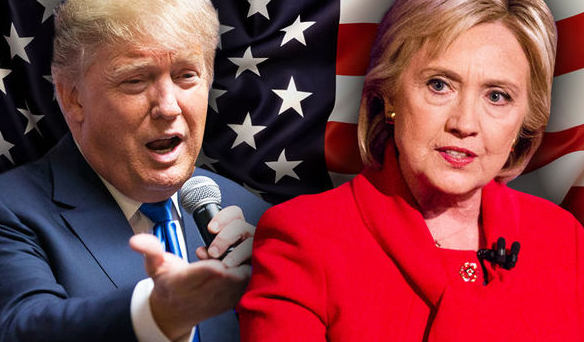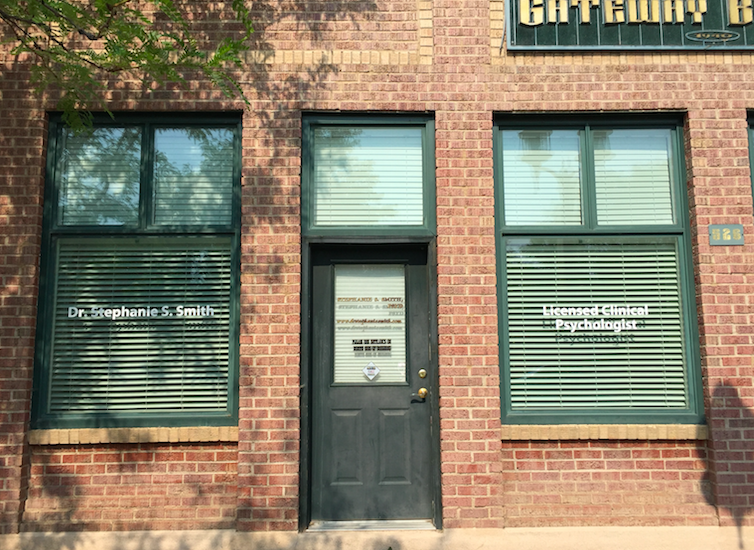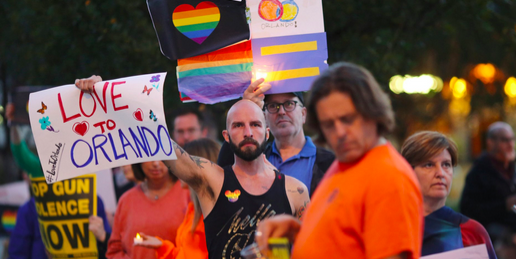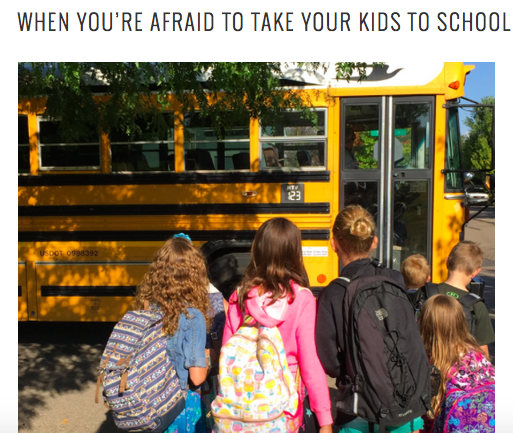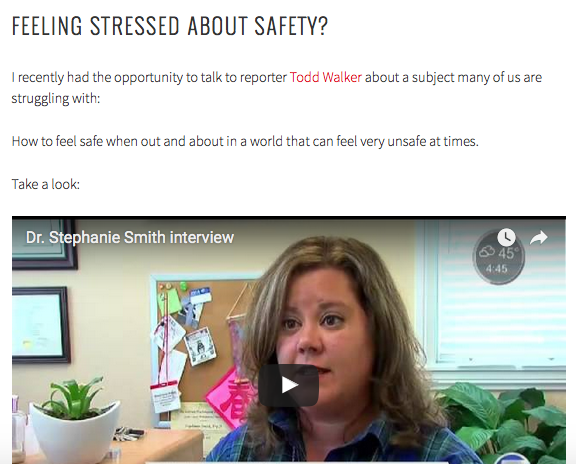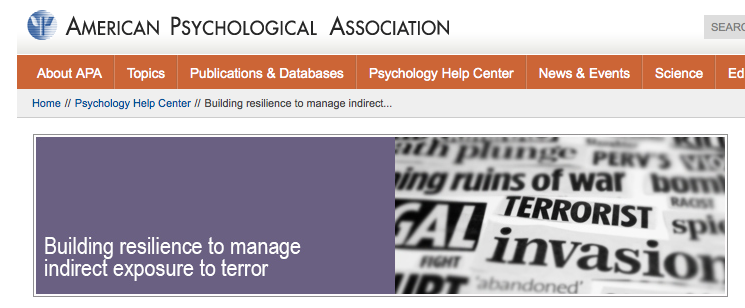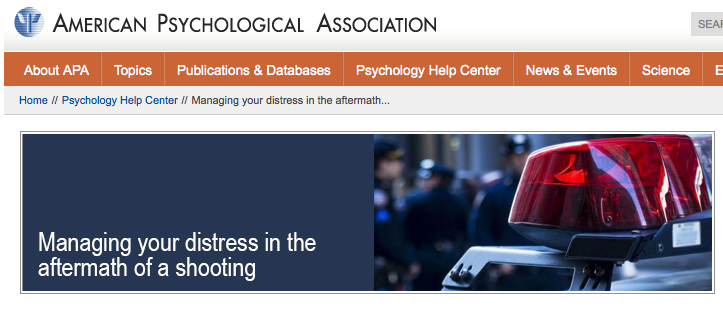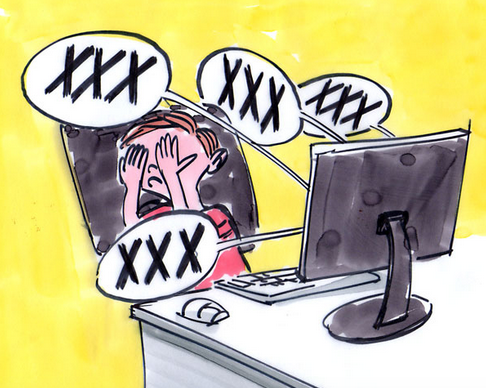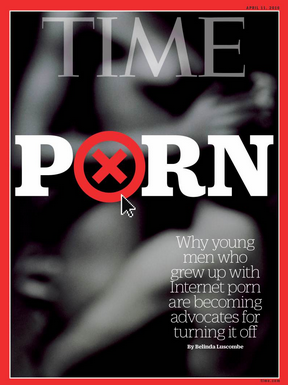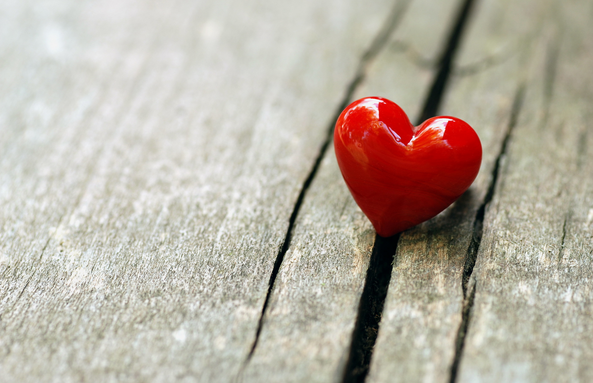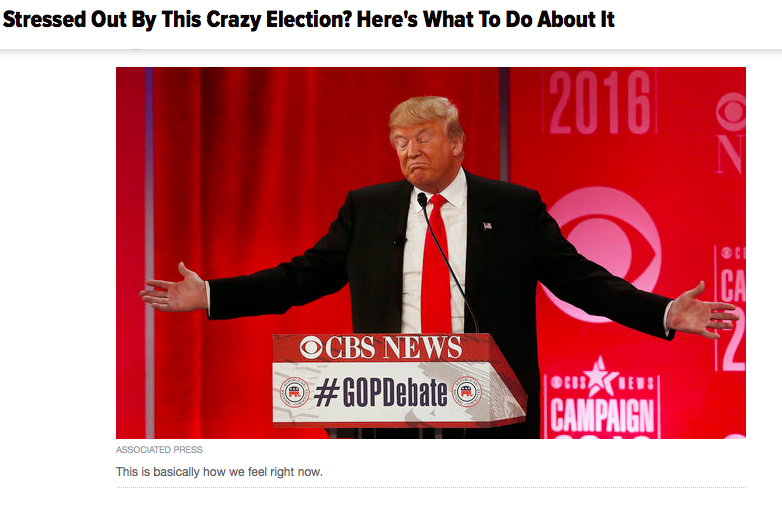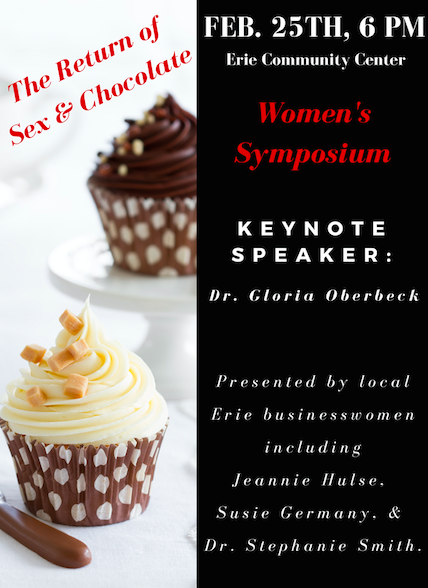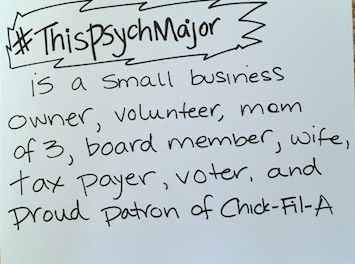We’re getting close, folks. Just a month left until the election – and I think all of us are feeling the uptick of anxiety. Sure, every election year carries its own stress and worries, but for many of us, this year’s presidential election feels particularly contentious/nasty/overwhelming. Even those of us who try to stay out of the political fray are feeling it.
So what can we do to manage over the next few weeks? How do we stop ourselves from succumbing to political hype, leaving ulcers, tears and panic attacks in their wake?
Keep it in perspective. Remember when people threatened to leave the country if Bush, Jr won? Remember the “No-Bama” stickers? The anti-Catholic/Kennedy sentiments? Presidential elections are often nasty, doom-and-gloom affairs. There are ALWAYS people predicting the end of our country if so-and-so wins. Thankfully, the U.S. has withstood all those prophesies. No matter which side of the divide you’re on, chances are very high that we will survive no matter who our next president is.
Keep it local. Many political and government experts tell us that it is our local elections that actually have the most impact on our day-to-day lives. School bonds, town councils and other super-local issues can shape our lives in very tangible ways. Keeping this in mind can help keep the importance (and non-stop coverage) of the national elections in perspective. I.e., “My favorite presidential candidate may not win, but I feel great about the direction my city is taking.”
Keep in contained. Mud-slinging and name-calling may have always been a part of presidential politics, but 24 hour coverage on TV, radio, print media and social media is new. When I go online, sometimes I just want to hear about the most recent celebrity gossip. Unfortunately for my mental health, I am often confronted with the newest, nastiest election news as well. In other words: It’s hard to escape the coverage! In our hyper-connected world, keeping election news to a minimum may just mean turning off all media. Gulp.
Check out my other article about election stress”
Pre-Election Stress Disorder: Do You Have It?
Pre-Election Stress Disorder: Tips For Coping
…and because this too shall pass:
